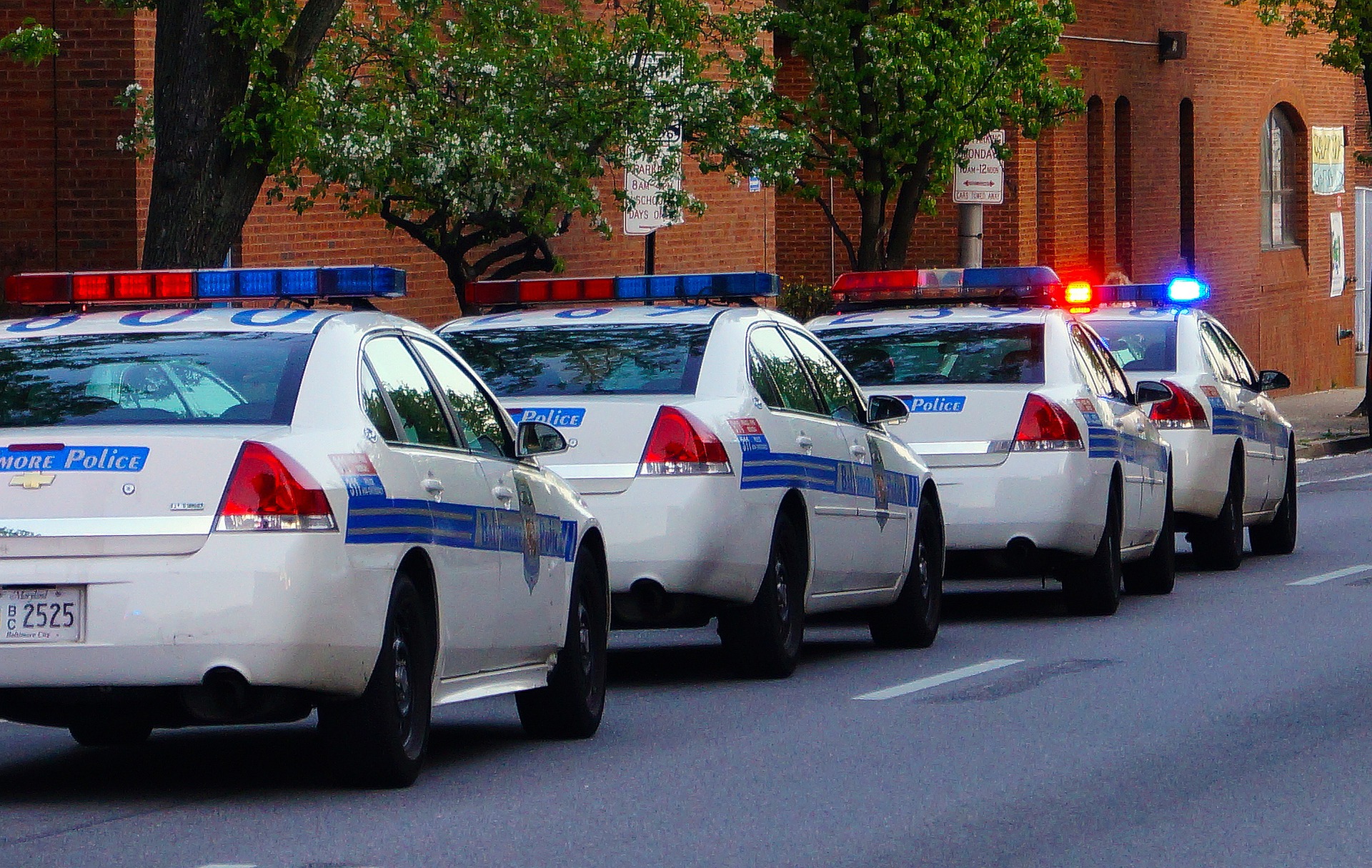
Law Enforcement Uses High Profile Tactics Against Drunk Drivers
Recently law enforcement agencies across Central Florida have conducted high profile DUI saturation patrols in an attempt to reduce drinking and driving in the region. Last weekend, the Maitland Police Department and the Orange County Sheriff’s Department hosted an operation where suspected drunk drivers could be tested at the scene, instead of at the police station.
This is an example of “no refusal” strategies, which are directed at drivers who seek to prevent police from finding them intoxicated at a sobriety checkpoint, as well as those who wait to seek a blood test, hoping to avoid being charged with a DUI. Many states, including Florida, allow suspected drivers to opt for a blood test instead of a breath test, especially at their own expense. When this test is eventually taken (usually a few hours after it is requested), many drivers will have a lower (and legal) BAC than when they were first arrested, thus thwarting any DUI charge.
Under the “no refusal” strategy, judges can be available at sobriety checkpoints to issue search warrants so that on-site nurses can immediately take blood samples and measure a driver’s BAC. This way, suspected drivers would not be able to prevent police from obtaining DUI evidence. Law enforcement agencies in Illinois, Louisiana, Texas, Arizona, Utah and Idaho have successfully used this tactic to limit breath test refusals and take impaired drivers off the road.
Supporters of this strategy argue that it will save more lives and make people think twice before drinking and driving. Even if forced to take a blood test at the scene, suspected drunk drivers would not want the added charge of resisting a police officer or obstructing justice.
Opponents argue that drivers should not have their legal rights trampled to secure a misdemeanor conviction. They say that those likely guilty of felony DUI would not escape a charge simply by waiting for a blood test. Also, aggressive defense attorneys would question the validity of such search warrants. If the warrant was improperly authorized, the subsequent evidence would be “fruit of the poisonous tree” and thus inadmissible in court.
If you have been charged with DUI after being stopped at a sobriety checkpoint and were forced to take a blood test, contact an experienced criminal defense attorney to learn about your rights and options.


